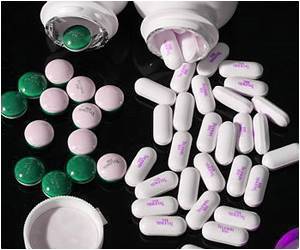Owing to intense daily routine, hypertensive patients who slept at noon were under fewer anti-hypertensive medications compared to those who didn't sleep.

The study included 386 middle-aged patients with arterial hypertension.
Along with other measures, the researchers looked at mid-day sleep time (an average of 17 minutes), office blood pressure levels and lifestyle habits.
After adjusting for other factors such as age, gender, exercise and Body Mass Index (BMI), the researchers found that mid-day sleepers had five percent lower average 24 hour BP, compared to patients who did not sleep at all mid-day.
"Although the mean BP decrease seems low, it has to be mentioned that reductions as small as two mmHg (a measure of pressure) in systolic blood pressure can reduce the risk of cardiovascular events by up to 10 percent," Kallistratos added.
The researchers also found that among mid-day sleepers, pulse wave velocity levels were 11 percent lower and left atrium diameter was five percent smaller.
Advertisement
Mid-day sleepers also had greater dips in blood pressure while sleeping at night which is associated with better health outcomes.
Advertisement
"The longer the mid-day sleep, the lower the systolic BP levels and probably fewer drugs needed to lower BP," Kallistratos concluded.
The findings were presented at the ESC Congress at the annual congress of the European Society of Cardiology (ESC) in London on August 29.
Source-IANS















